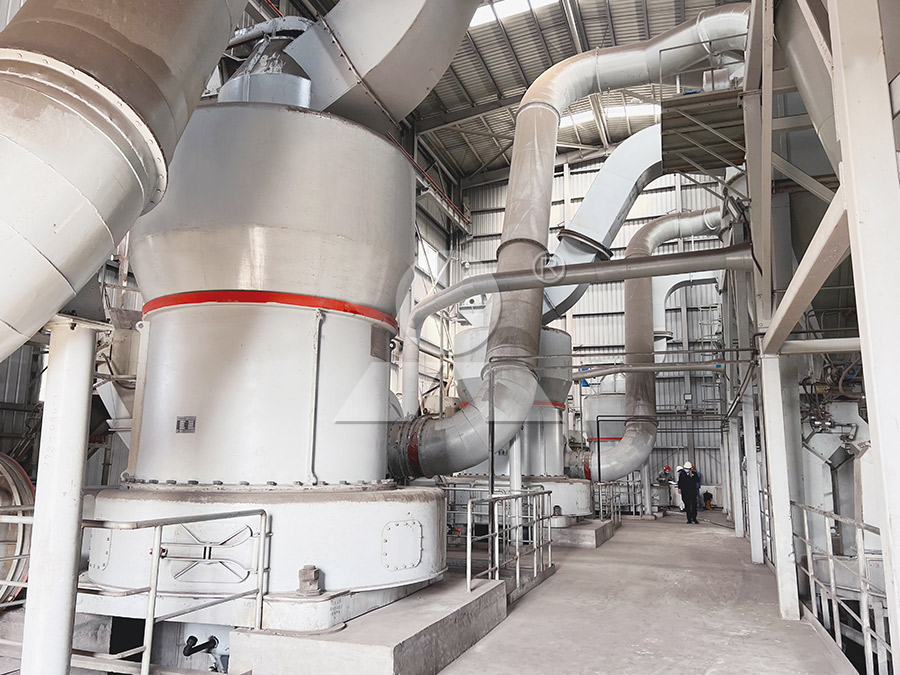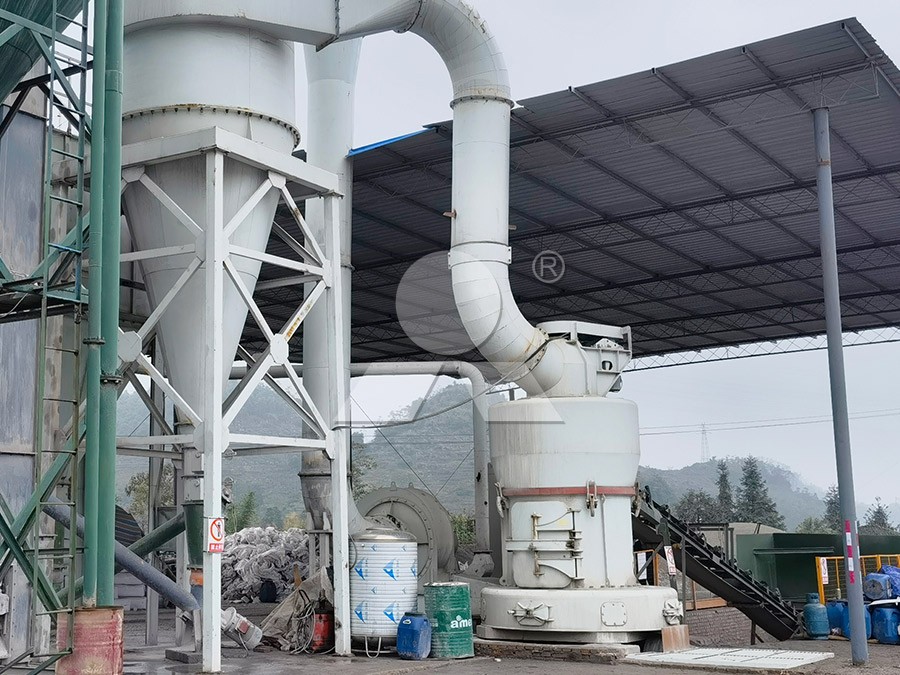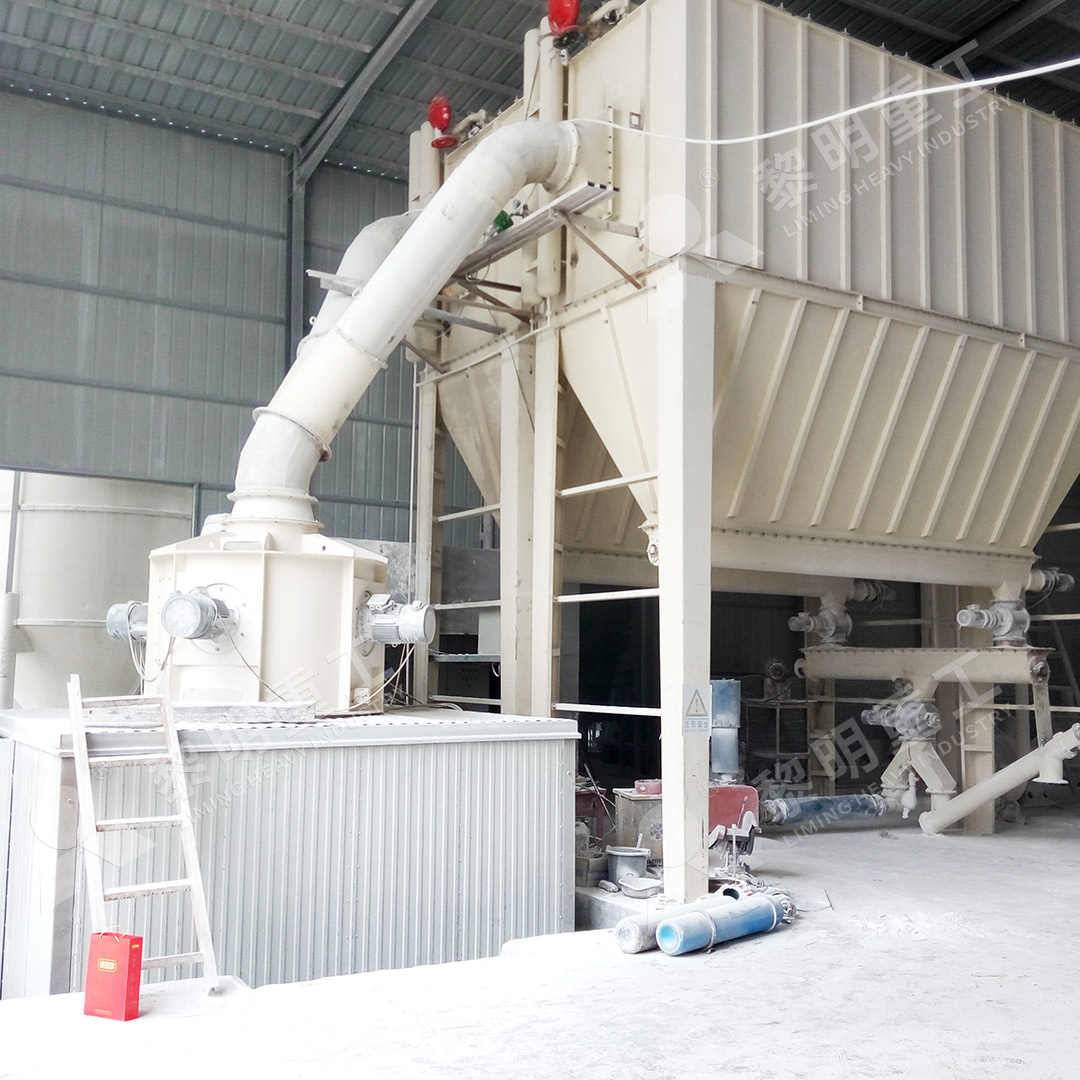4R Raymond Mill for Efficient Grinding of Rhyolite
We provide a wide range of mills — including Raymond mill, trapezoidal mill, vertical mill, ultrafine mill, and ball mill, obtained ISO9001 international quality certification, EU CE certification, and Customs Union CU-TR certification. Suitable for processing minerals such as limestone, phosphate, quicklime, kaolin, talc, barite, bentonite, calcium carbonate, dolomite, coal, gypsum, clay, carbon black, slag, cement raw materials, cement clinker, and more.
The discharge range of these mills can be adjusted to meet specific processing needs, typically from 80-400 mesh, 600-3250 mesh, and can achieve the finest particle size of up to 6000 mesh(D50).
If you are looking for a reliable grinding solution to turn stone or minerals into fine powder, please feel free to contact our online customer service.
4R Raymond Mill for Efficient Grinding of Rhyolite
Rhyolite, a fine-grained volcanic rock with complex mineral composition, presents unique challenges in grinding operations. Its abrasive nature and variable hardness demand robust milling solutions that can deliver consistent particle size distribution while maintaining operational efficiency. The 4R Raymond Mill emerges as an ideal choice for processing this challenging material, offering proven performance in mineral grinding applications.

The 4R configuration, featuring four grinding rollers, provides enhanced grinding force and capacity compared to standard Raymond mill designs. This makes it particularly suitable for hard materials like rhyolite, where sufficient grinding pressure is essential for achieving desired fineness levels. The symmetrical roller structure ensures balanced loading and stable operation, even when processing abrasive volcanic rocks.
Technical Advantages for Rhyolite Processing
When grinding rhyolite, several technical features of the 4R Raymond Mill prove particularly beneficial. The centrifugal grinding action effectively breaks down the rock’s complex structure, while the integrated air classification system ensures consistent product quality. The mill’s ability to handle materials with hardness up to 9.5 Mohs makes it well-suited for various rhyolite compositions.
The environmental performance of modern 4R Raymond Mills addresses growing concerns about dust emissions and noise pollution. Advanced pulse dust collection systems capture fine particles effectively, while sound-dampening technologies maintain workplace noise at acceptable levels. These features make the technology suitable for operations in regions with strict environmental regulations.

Beyond Traditional Raymond Technology
For operations requiring ultra-fine rhyolite powders or dealing with particularly challenging material characteristics, our MW Ultrafine Grinding Mill presents an advanced alternative. With an input size capability of 0-20 mm and capacity ranging from 0.5-25 tph, this equipment excels where conventional Raymond mills reach their limitations.
The MW Ultrafine Grinding Mill incorporates several technological innovations that benefit rhyolite processing. Its newly designed grinding curves of grinding roller and grinding ring enhance grinding efficiency significantly. The absence of rolling bearings and screws in the grinding chamber eliminates common failure points, providing exceptional reliability when processing abrasive materials.
What sets the MW mill apart is its adjustable fineness between 325-2500 meshes, achieved through German cage-type powder selector technology. This flexibility allows producers to target specific market segments with precision, from construction materials to industrial fillers. The system’s energy consumption represents only 30% of jet grinding mills, offering substantial operational savings.

Operational Considerations
Successful rhyolite grinding requires attention to several operational factors. Material moisture content should typically be maintained below 6% to prevent clogging and ensure efficient grinding. The abrasive nature of rhyolite necessitates regular inspection of wear parts, though the optimized design of both 4R Raymond and MW mills minimizes replacement frequency.
Production capacity varies based on rhyolite characteristics and target fineness. The 4R Raymond Mill typically processes 3-8 tph when producing 80-400 mesh rhyolite powder, while the MW Ultrafine Grinding Mill handles 0.5-25 tph across a much broader fineness range. Both systems integrate seamlessly with crushing, drying, and packaging operations.
Frequently Asked Questions
What is the typical production capacity for rhyolite grinding with 4R Raymond Mill?
Production capacity ranges from 3-8 tons per hour when producing 80-400 mesh rhyolite powder, depending on material characteristics and moisture content.
How does the MW Ultrafine Grinding Mill compare to traditional Raymond mills for rhyolite?
The MW mill offers superior energy efficiency (30% of jet mill consumption), wider fineness adjustment (325-2500 meshes), and higher capacity in the ultra-fine range, though at a higher initial investment.
What maintenance considerations are specific to rhyolite grinding?
Due to rhyolite’s abrasive nature, wear parts require more frequent inspection. However, the no-bearing design in MW mills and optimized materials in 4R Raymond mills significantly extend service intervals compared to conventional equipment.
Can these mills handle variations in rhyolite composition?
Both mills are designed to accommodate material variations. The 4R Raymond Mill’s mechanical stability and the MW mill’s adjustable parameters allow operators to maintain consistent output quality despite feed material fluctuations.
What environmental controls are integrated?
Modern installations include efficient pulse dust collectors achieving 99.9% efficiency, mufflers reducing noise to below 75 dB, and fully enclosed systems preventing material escape during operation.
